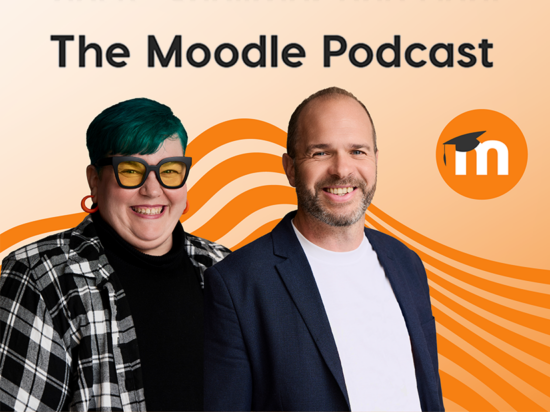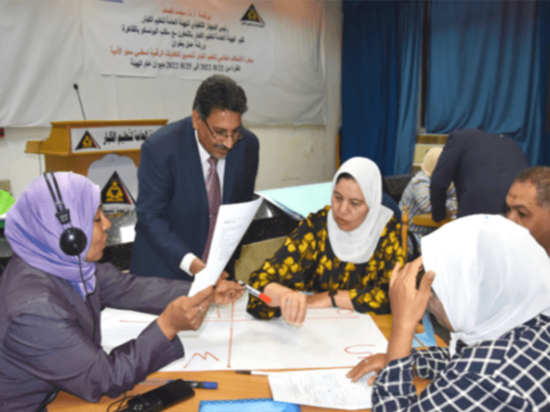A lot is changing in our world, and we are working and learning in a very different place than we previously did. At this year’s MoodleMoot Global (now MIX), our speakers explored and exchanged ideas on what we can expect and what we need to be prepared for in EdTech.
One of our keynote speakers, Dr Naeema Pasha, said, “It’s a good time to re-evaluate what we want to do and how we move forward.”
The future of EdTech is human-centric
To zero in on what Dr Pasha mentioned during her keynote speech on the third day, some of the top trends that we are currently seeing and will expect to see in the future are human-centric.
With Gen Z entering the workforce, we have seen a significant shift in values. Employees are not only rethinking how their own goals align with those of their workplace, but also prioritising their own well-being. This is why companies are focusing more on reskilling, upskilling, and closing skill gaps.
More organisations than ever now provide flexible working arrangements, too, hiring remotely and offering the option to work from home every day, or part of the time. For many firms, this has led to the development of a more inclusive and diverse workplace.
Skills that will define the workplace
An interesting and recurring thought that appeared at the conference was emotional intelligence. Most of the speakers seemed to agree on the necessity for building resilience, agility, and inclusive thinking to support emotional well-being. Prioritising psychological resilience and planning for the long term not only establishes a stronger foundation for the team, but also makes it future-ready.
Speakers also made the point that with the adoption of AI, we have to find common ground for trust. How we are using AI directly affects how we perceive ourselves; when we outsource our memory, or our creativity, we are letting go of something intricate — something uniquely ours.
The paradox is that while on one hand we want learners to perform better and to achieve more, on the other hand, through AI, they are also losing the scope for critical thinking. In turn, they are losing confidence, which is a key aspect in learning anything.
The next big thing in LMS
To build a better future for learning, our LMSs have to be built by the world. That is exactly how we’re shaping Moodle: we’re focusing on what educators and learners need today, but also reimagining what our platform can become.
We are looking ahead by strengthening our ecosystem — from improving the design experience to making it easier to discover and use plugins. And with new layers being added for different sectors, like Moodle Workplace for professional training and Moodle Higher Ed for universities, we’re showing how we can power solutions that fit specific needs.
Moodle’s future, like its learners, educators, and trainers, is being built now, and you are a part of it.
What we are carrying forward
The future is about people. It’s about reaching the best levels of learning, creativity and innovation, and finding ways to make them accessible for everyone. We were so glad to have speakers who focused on subjects beyond techniques and methods. They opened up and created the space for a much larger conversation about the future of humanity and how platforms like Moodle can contribute to building a reliable community of learners.


